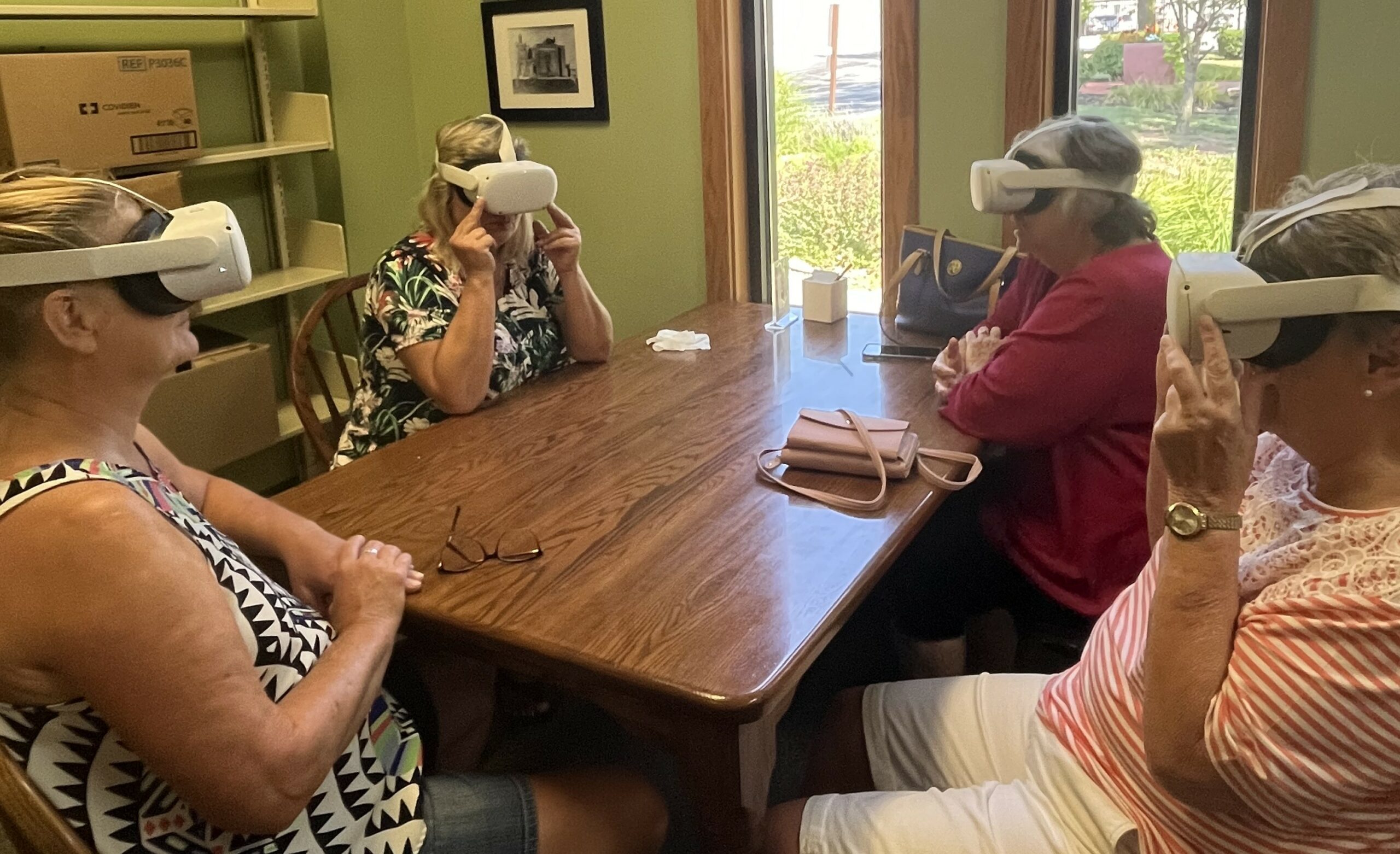In Illinois, most people accept gambling.
Illinois has a thriving land-based casino industry in addition to internet sports and racetrack betting. However, real money online casino betting is currently out of the question. The state is trying to legalize mobile gaming in an effort to increase the $1.76 billion in gambling-based tax income it received last year. Will Illinois’ efforts be any more successful than those of New York and Maryland, which seem to have stopped despite the success of online sports betting, even if it is not the first state to try this?
Although gambling at physical casinos is significantly more accessible, internet gambling is currently only permitted in a few states. With 16 casinos and legal slot machines at eateries, pubs, and truck stops, the state has made significant investments in gambling. Legalizing iGaming would undoubtedly be the next sensible step. With their Internet Gaming Act, Representative Edgar Gonzalez and Senator Cristina Castro hope to accomplish just that.
What will the law accomplish?
According to the pro-gambling pair, allowing mobile devices to gamble at internet casinos might bring in more than $1 billion. Under the act, casinos in Illinois would be able to move their existing business online. Residents would be able to use their mobile devices to play popular casino games including roulette, poker, and slots online. Claims that the state is losing out on untaxed revenues that are now lost as gamblers place bets on platforms run by offshore and illegal operators are well supported by evidence. Additionally, a 25% tax incentive for the industry would be introduced by the move, potentially leading to the creation of thousands of new jobs in positions associated to online casinos.
Social and sweepstakes casinos already have legalized online gambling.
It is crucial to recognize that internet casinos are already well-liked in the state, even though the bill has its critics. In Illinois and around the United States, sweepstakes casinos are becoming more and more popular, while real-money casinos may need to operate abroad. They fall under completely separate laws. They are governed by sweepstakes laws rather than gambling laws, in contrast to real money casinos. This is because, according to US law, gambling is defined by three factors: prize, chance, and consideration.
Sweepstakes are allowed because they don’t fit the Consideration requirements. Players can participate for free thanks to the operators. This is usually accomplished by giving players sizable bonuses for signing in every day or clicking on links on social media platforms. Since the bonuses take the shape of virtual currencies, sweepstakes casinos can be categorized as legitimate promotions as opposed to gambling websites.
Additionally, they offer a virtual currency system with Gold Coins and Sweeps Coins to further set them apart from their real-money counterparts. While Sweeps Coins can be earned and exchanged for actual rewards, Gold Coins are the currency that is freely distributed. The top sweepstakes casinos are ranked by a casino review website such as Casino.org, which also finds the finest ones for players. There is no requirement for a gaming license because they do not involve real money gambling; however, they are subject to US sweepstakes rules, which mandate a no-purchase entry method and compliance with state-specific age limitations.
opposition to gambling in online casinos.
It should come as no surprise that not everyone is a fan of online casino playing with real money or sweepstakes. While some opponents are mainly focused on competition and their own financial interests, others raise concerns about player safety. Legalizing mobile gambling raises concerns since it may have a negative impact on establishments like bars, restaurants, and small businesses that mostly depend on the in-person gaming machines for additional revenue. As small companies continue to face difficulties, opponents have cautioned that the new regulation may cause a sharp drop in foot traffic to these locations, which might have a ripple impact on the overall economy.
In locations throughout the state, there are currently close to 49,000 video gaming terminals. The bill can have disastrous effects if people are simply attending the venues to perform. Supporters contend that the impact would be minimal because individuals are already gambling online at sweepstakes and offshore casinos.
Legislators have pointed to new research from New Jersey that shows an increase in the number of online gamblers visiting physical gambling establishments rather than a decline. This therefore contributes to the second worry, which is the possibility that gambling harms will affect those who are already at risk. Although the majority of individuals may bet safely and treat it like any other kind of leisure, there is a tiny minority that can develop an addiction to gambling and suffer negative consequences.
Avoiding the negative effects of gambling
There are two options for minimizing possible gambling harm: outright bans or situational management. Nationwide data points to the ineffectiveness of prohibition. People will find a method to gamble if they so choose. In order to reduce gambling harm, proponents of legalizing mobile casino gaming in Illinois urge for stricter regulations as well as funding for prevention and education initiatives.
The odds are 50/50 in a split market.
There is also disagreement among the operators themselves. Companies like Penn Entertainment are worried that the new legislation could jeopardize the hundreds of millions of dollars they have spent in physical venues in the state, even though you might expect them all to embrace it. Will people still attend live gambling events if they can play from home or on the go?
Each state’s Gaming Board is also worried that they don’t have the resources to manage the development of this gambling rollout over the entire state. It is difficult to predict if further gaming would have the anticipated benefits or merely cannibalize current markets, and unlike other states and nations, there is concern that the sector is approaching saturation.
However, the bill might restore funds to state coffers that would otherwise be lost if Illinois lawmakers are successful in using the Internet Gaming Act to recover tax revenues lost to out-of-state gaming firms. For now, all bets are off on whether the bill’s future is resolved during the current congressional session.












